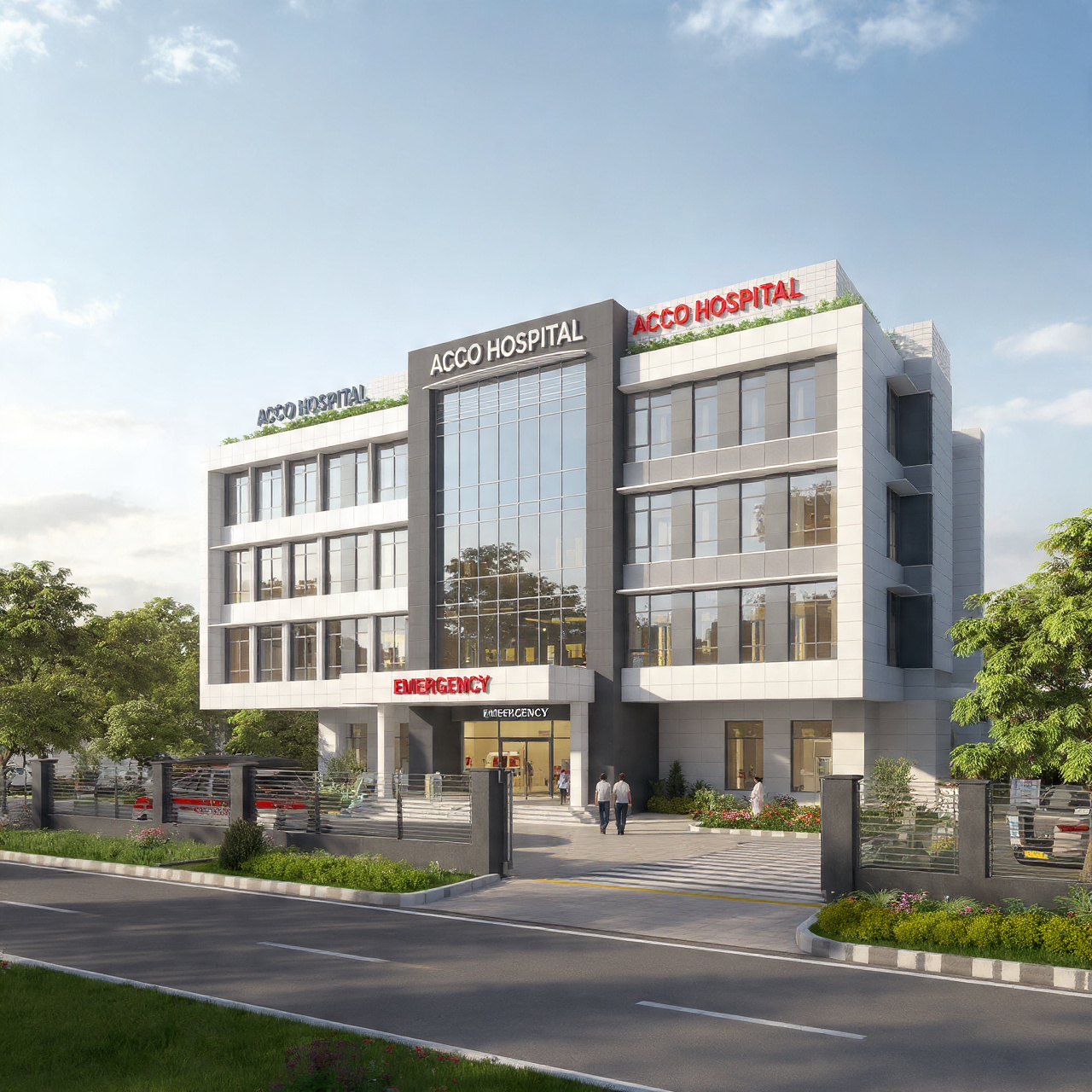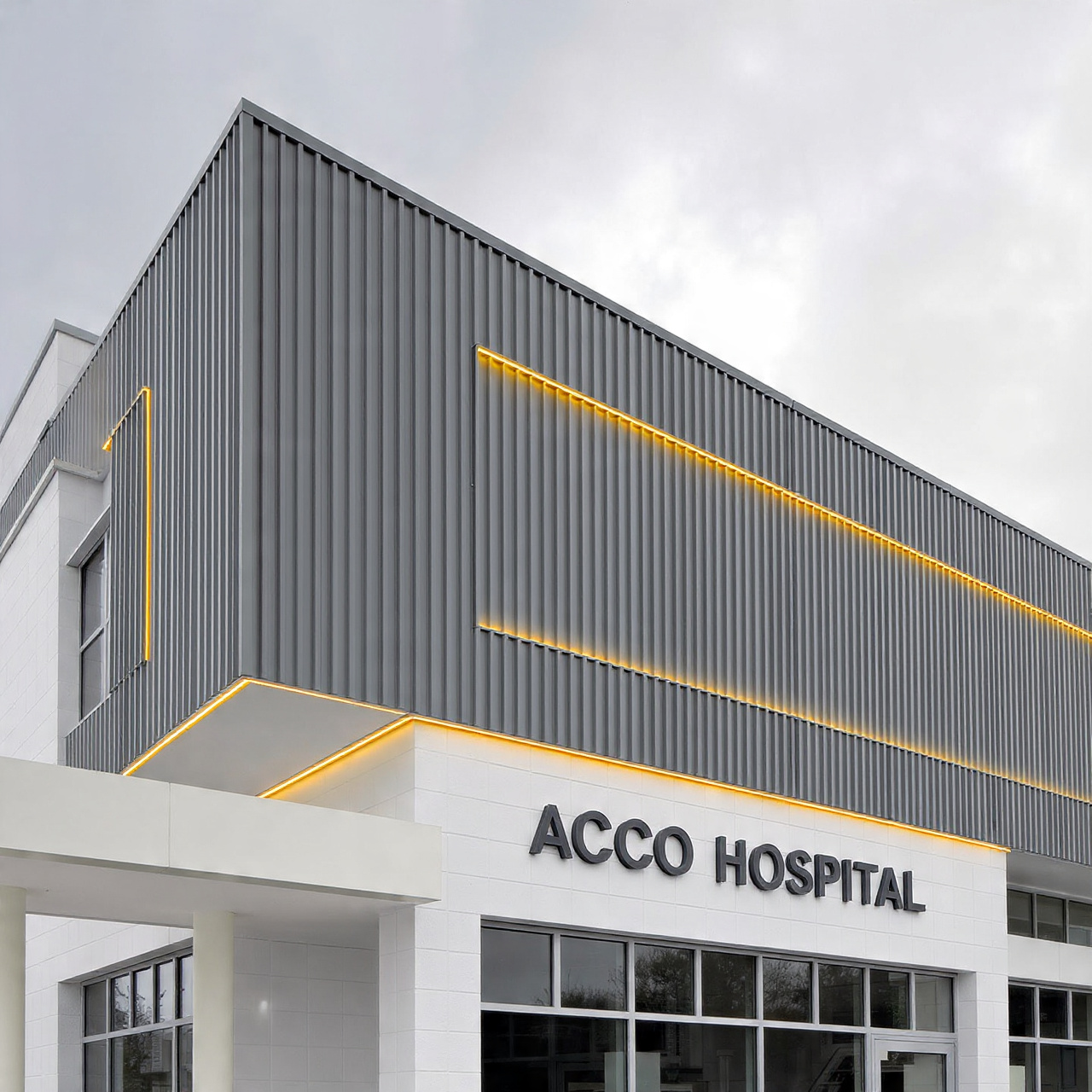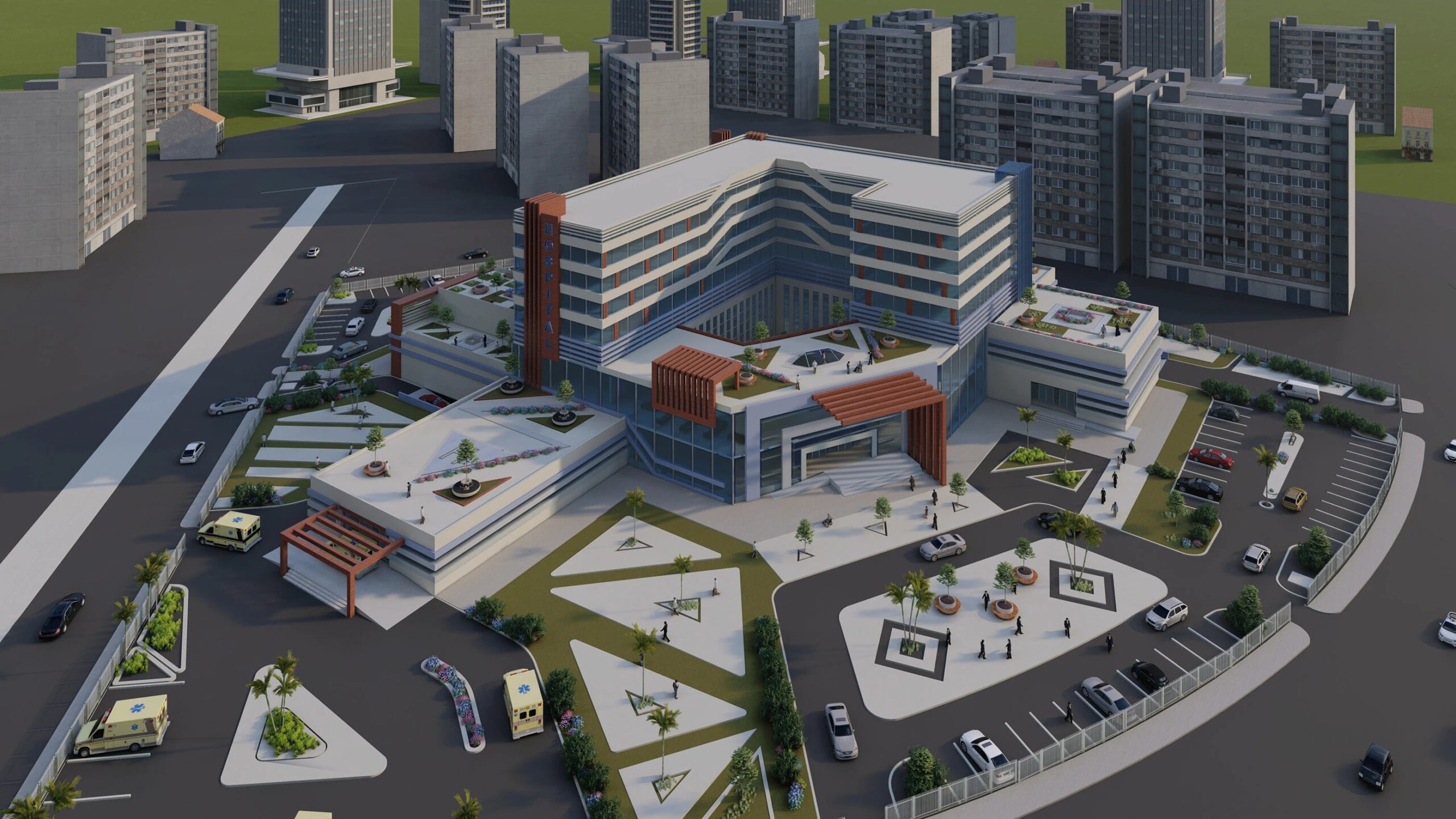
Operation Theater Design & Renovation – ACCO Architects
The design and renovation of operation theaters (OTs) are crucial in providing safe, efficient, and advanced surgical environments. ACCO Architects, a prominent firm in Pakistan, specializes in creating state-of-the-art OTs that meet international standards for functionality and patient safety. Their commitment to innovation, sustainability, and user-centered design makes them a leader in the field.
1. Comprehensive Approach to OT Design
ACCO Architects adopts a holistic approach to operation theater design, considering every detail that impacts surgical performance. Their methodology encompasses:
- Patient-Centered Design: Focusing on patient comfort and safety, the design of OTs minimizes anxiety and enhances the overall surgical experience.
- Workflow Optimization: ACCO ensures that the layout promotes an efficient workflow for medical staff, facilitating smooth movement and reducing the risk of contamination.
2. Key Features of ACCO’s OT Designs
- Advanced Equipment Integration: ACCO architect’s designs incorporate cutting-edge surgical technologies and equipment to ensure OTs are fully equipped for modern medical practices.
- Smart Technology: Implementation of intelligent systems for lighting, temperature control, and equipment management improves operational efficiency and enhances the surgical environment.
- Sterile Environment: Attention to detail in materials and design promotes cleanliness, reducing the risk of infection. Features like laminar airflow systems and antimicrobial surfaces are standard.
3. Renovation Services
For existing facilities looking to modernize their operation theaters, ACCO Architects provides expert renovation services tailored to meet current healthcare standards:
- Phased Renovations: Minimizing disruptions, ACCO offers phased renovation plans that allow OTs to remain functional while upgrades are made.
- Retrofitting for Modern Needs: Older OTs can be updated with modern equipment and layouts that enhance both safety and functionality without the need for complete reconstruction.
4. Sustainability in Design
ACCO Architects prioritizes sustainable practices in their OT designs, incorporating energy-efficient solutions that reduce operational costs and environmental impact. Key sustainable features include:
- Energy-Efficient Systems: Use of LED lighting and HVAC systems designed for optimal energy consumption.
- Green Building Materials: Selection of materials that contribute to a healthier indoor environment and support sustainability initiatives.
5. Project Experience
ACCO Architects has successfully completed numerous OT projects across Pakistan, demonstrating their expertise in delivering high-quality surgical environments.
Notable Projects Include:
- Shifa International Hospital: A comprehensive OT renovation that improved patient safety and operational efficiency.
- Fauji Foundation Hospital: Design of modular OTs that adapt to various surgical needs and incorporate the latest technologies.
- Children’s Hospital Lahore: Creation of pediatric-focused OTs that provide a child-friendly atmosphere for young patients.
6. Why Choose ACCO Architects?
- Expertise in Healthcare Design: With a proven track record in the healthcare sector, ACCO Architects understands the complexities of hospital environments.
- Custom Solutions: Their designs are tailored to meet the specific requirements of each hospital, ensuring a perfect fit for the organization’s needs.
- Commitment to Excellence: ACCO’s dedication to quality ensures that every project meets the highest standards of safety, efficiency, and aesthetic appeal.
Conclusion
ACCO Architects is at the forefront of operation theater design and renovation in Pakistan. Their expertise in creating advanced, patient-centered surgical environments, combined with a focus on sustainability and modern technology, positions them as a leader in the healthcare architecture sector. By choosing ACCO, hospitals can ensure their operation theaters are not only equipped for today’s medical practices but are also adaptable for future advancements in healthcare.




